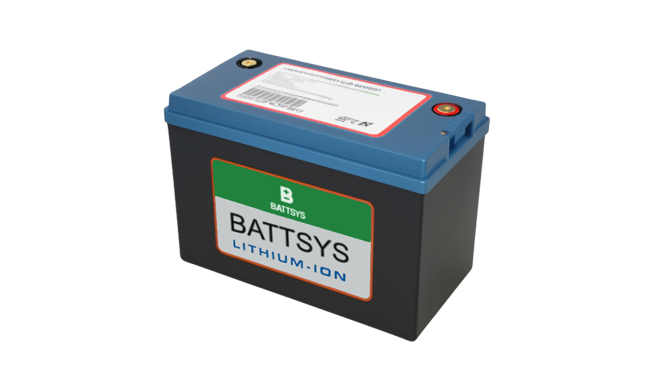What is the service life of lithium-ion batteries, years or frequency of use?
Of course, it's the duration. Generally speaking, lithium batteries can be used for 2-4 years and can be recycled about times.
The timing of charging, with the development of lithium battery technology, has enabled the battery to be charged and used as needed, rather than being charged after use as before, which can keep the battery in an active state at all times.
Secondly, try to drive at a constant speed as much as possible. Like traditional fuel vehicles, electric vehicles can protect their three electric systems by driving at a constant speed.

The third is that electric vehicles need to be charged frequently when not in use for a long time. The characteristics of the battery determine that its lifespan decreases rapidly in a long-term depleted state. Therefore, when electric vehicles are not in use for a long time, they should be charged regularly to ensure that the battery is fully charged.
Overall, the battery life of new energy vehicles is generally 6 to 7 years. As long as we maintain good driving habits, learn the correct charging methods, and pay attention to not letting the battery be in a depleted state for a long time, the battery life of our car may be extended.
After a period of use, if the capacity of a battery decays to 70% of its nominal capacity (at room temperature of 25 ℃, standard atmospheric pressure, and discharged at 0.2C), it is considered to have reached the end of its lifespan. The industry generally calculates the cycle life of lithium batteries based on the number of cycles they are fully charged and discharged. During use, irreversible electrochemical reactions occur inside lithium batteries, leading to a decrease in capacity, such as electrolyte decomposition, deactivation of active materials, and collapse of positive and negative electrode structures, resulting in a reduction in the number of lithium ion insertions and deintercalations. Experiments have shown that higher discharge rates lead to faster capacity decay. If the discharge current is low, the battery voltage will approach the equilibrium voltage and release more energy.
The theoretical lifespan of lithium batteries is about one cycle, which is considered moderate among commercially available rechargeable lithium batteries.
Lithium iron phosphate is about 10000 cycles, while lithium titanate is said to achieve 10000 cycles. At present, mainstream battery manufacturers promise in their battery cell specifications that the battery cells are greater than times, but after being assembled into battery packs, due to consistency issues, the voltage and internal resistance cannot be exactly the same, and their cycle life is approximately times. Battsys has been manufacturing lithium battery packs for a long time.
